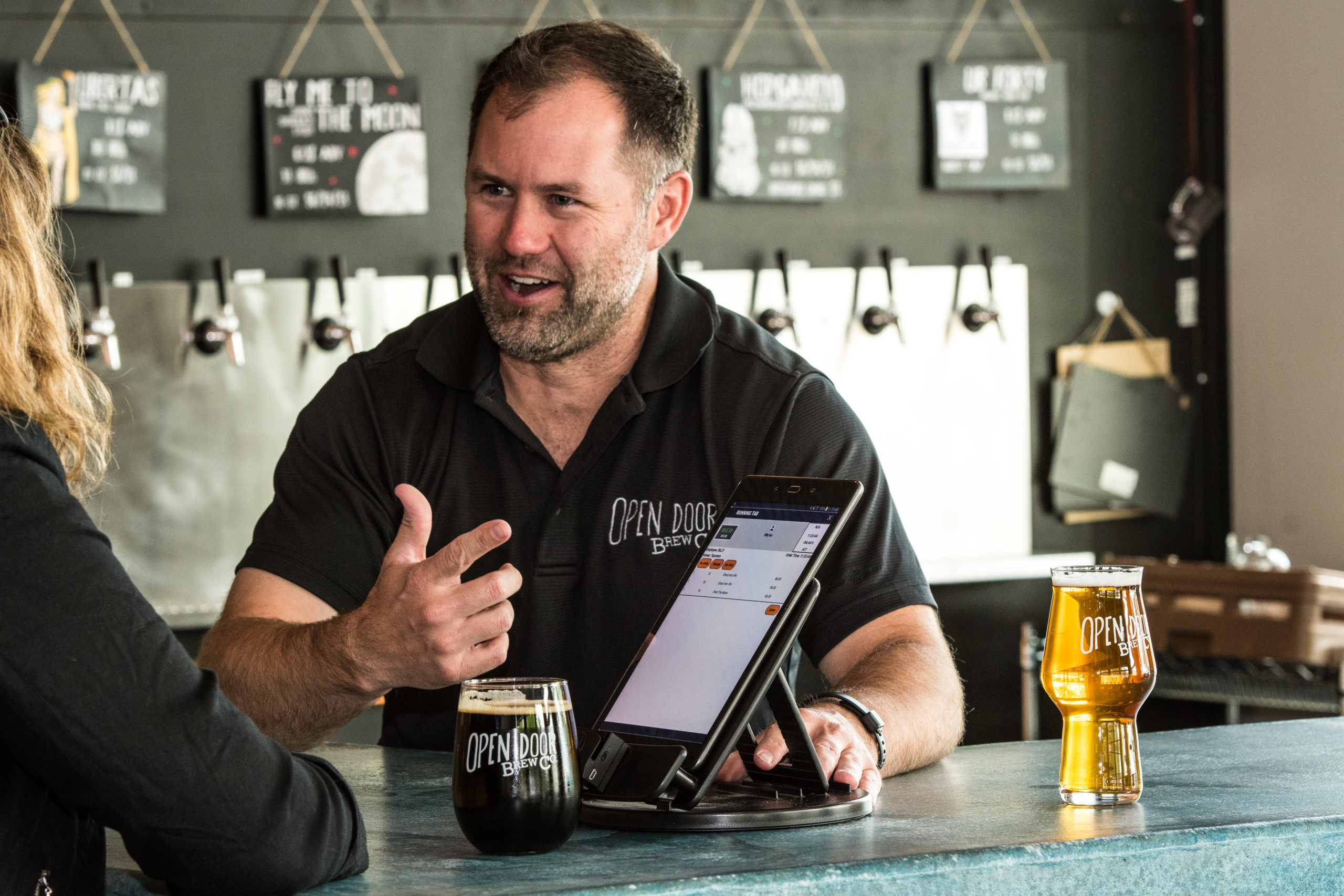7 Tips For Growth From Craft Brewery Accountants
Listen up number-crunching decision-makers, your brewery accountants have some advice for you! We know that brewers get a lot of love (and for delicious reasons!). But we also know that it’s the back office that keeps the business flowing and growing. We turned to brewery accountants Audra Gaiziunas of Brewed For Her Ledger, LLC, and …

Listen up number-crunching decision-makers, your brewery accountants have some advice for you! We know that brewers get a lot of love (and for delicious reasons!). But we also know that it’s the back office that keeps the business flowing and growing.
We turned to brewery accountants Audra Gaiziunas of Brewed For Her Ledger, LLC, and Laurie and Brian Mikeworth of Beer CPA for an insider’s look into what your accountant wants — no, needs — you to know. Talk to your accountant about these tips:
1. Spend more time than you think you’ll need planning your systems and processes.
“The more you do up-front, the more powerful your reporting,” Audra says. “Review everything multiple times because your data informs your decisions.” This is why brewery accountants track by business arm and channel. Involve your accountant early on your software choices and how you’ll configure them.
2. Projections equal successful growth.
A good point-of-service (POS) system helps you look for pockets of profitability lost; it’s a deeper view into what’s not selling by package types, and provides natural insights that can lead you to expansion opportunities.
3. Revenue streams are your business’ lifeblood.
Care about all revenue streams, separate them out by item and analyze each one. When you know your sales by package type, beer style and sales channel then you’ll understand the profitability of each arm of the business and make decisions accordingly.
4. Use a POS system made for breweries.
Your POS must understand the layers of overhead and price realization by channel for a brewery. It will help you find the hidden gems unique to breweries and use them for forecasting through tracking sales by style, package type and channel, on premise and online.
5. Keep good records to spot trends.
“Start by tracking average guest tab, by day and time of day,” Audra emphasizes. “This enables you to shift hours in the right direction and open at the most profitable times. And, track sales by beer type, style and name. This provides data-based insights from the taproom to the production team.”
Managing, tracking and recording inventory is one of Laurie’s keys. “This seems simple but it’s huge: Are you getting kegs back or keeping the deposit? Does the deposit represent the cost of a keg?”
6. Demand robust reporting.
A full-in labor cost component shows what’s making money — or what’s subsidizing other areas. Focus on cash flow. Your POS helps you see when sales are being made plus sales categories, daily and week-over-week, revealing trends for planning, projections and revenue predictions. Brian adds, “You also must understand your alcohol production tax compliance, and come up with a procedure to record and report when kegs move from production to sales, for example.”
7. Make sure your accountant has craft hospitality experience.
Selling widgets isn’t like selling beer. Ask your accountant: “How much experience do you have working with a business like mine? Have you ever worked with food-and-beverage, or in my industry? Have you ever worked for a distributor? To what level?” You want to work with an accountant who understands a brewery’s specific business needs.
Want more tips? Level up with these 7 data insights.
Arryved is popular with accountants and created to be easy for everyone on the team to use. That’s because it was designed for breweries in a brewery to meet the industry’s unique needs. Bonus: If you need help, Arryved is there at no additional charge for you and your accountant.
